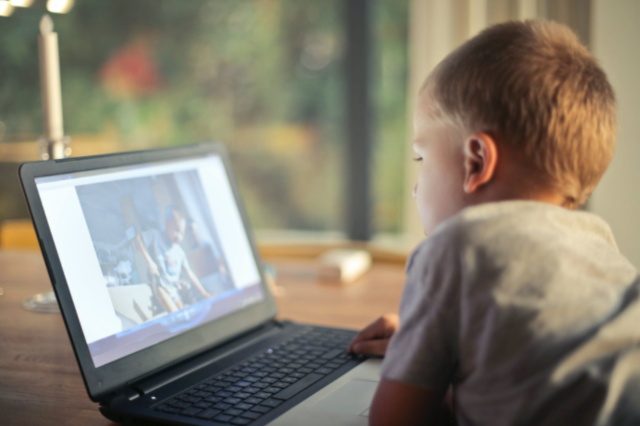Children today are growing up in a world surrounded by technology. Never will these kids not have access to the internet - many children and teens have constant access to the internet, at least in most major countries.
But the Internet isn’t always safe, especially not for children.
The Threats Children Face Online
Predatory Behavior
The Internet grants users complete anonymity, and some cybercriminals take advantage of this anonymity to prey on kids. These criminals are known as online predators, and there are, unfortunately, many predators online, especially on social media.
Online Scams
Kids are naïve and trusting—quirks that make them easy targets for scammers.
Scams come in many forms, from the classic Nigerian Prince phishing email to a complex ransomware infection that locks a device until the user pays. Kids are vulnerable to all of these scams due to their lack of experience with the Internet.
Leaked Information
Websites, apps, and services constantly hound users to create accounts, enter information, and social media sites encourage frequent posting. And while adults know what they should and shouldn’t post—what information they should give out—kids don’t. As a result, kids are at higher risk of giving out information they shouldn’t, which can put them in danger (such as addresses, phone numbers, etc.).
How Parents Can Protect Their Children
The threats listed above make the Internet a dangerous place for kids. Fortunately, parents can help their kids stay safe online with a few simple steps.
Teaching Them About Online Safety
The first thing parents should do before giving their kids access to the Internet is to talk to them about the dangers of the Internet and how to stay safe. Sitting their kids down and telling them about the importance of strong passwords, the importance of not interacting with strangers, and the overall importance of proper online safety is a vital step for parents looking to keep their kids safe.
VPNs
Many kids have the habit of connecting to Wi-Fi networks at school and other public places. However, these networks are often unsecured, meaning that hackers on the same connection can easily snoop on your traffic and attain your personal information. Fortunately, you can protect your kid’s online activities with a Virtual Private Network. A VPN is an app that can be installed on your kid’s devices. The app creates a private tunnel for your traffic and encrypts your data, which is effective in increasing security especially when on public networks.
Making Devices Accessible
One day, your kid will get a phone and be able to access the Internet anywhere. Until then, their only source is the devices at your home. Make sure these devices (like the home computer) are placed in an accessible, easily-observable area of the house. This way, you can check up on them and what they’re doing frequently.







